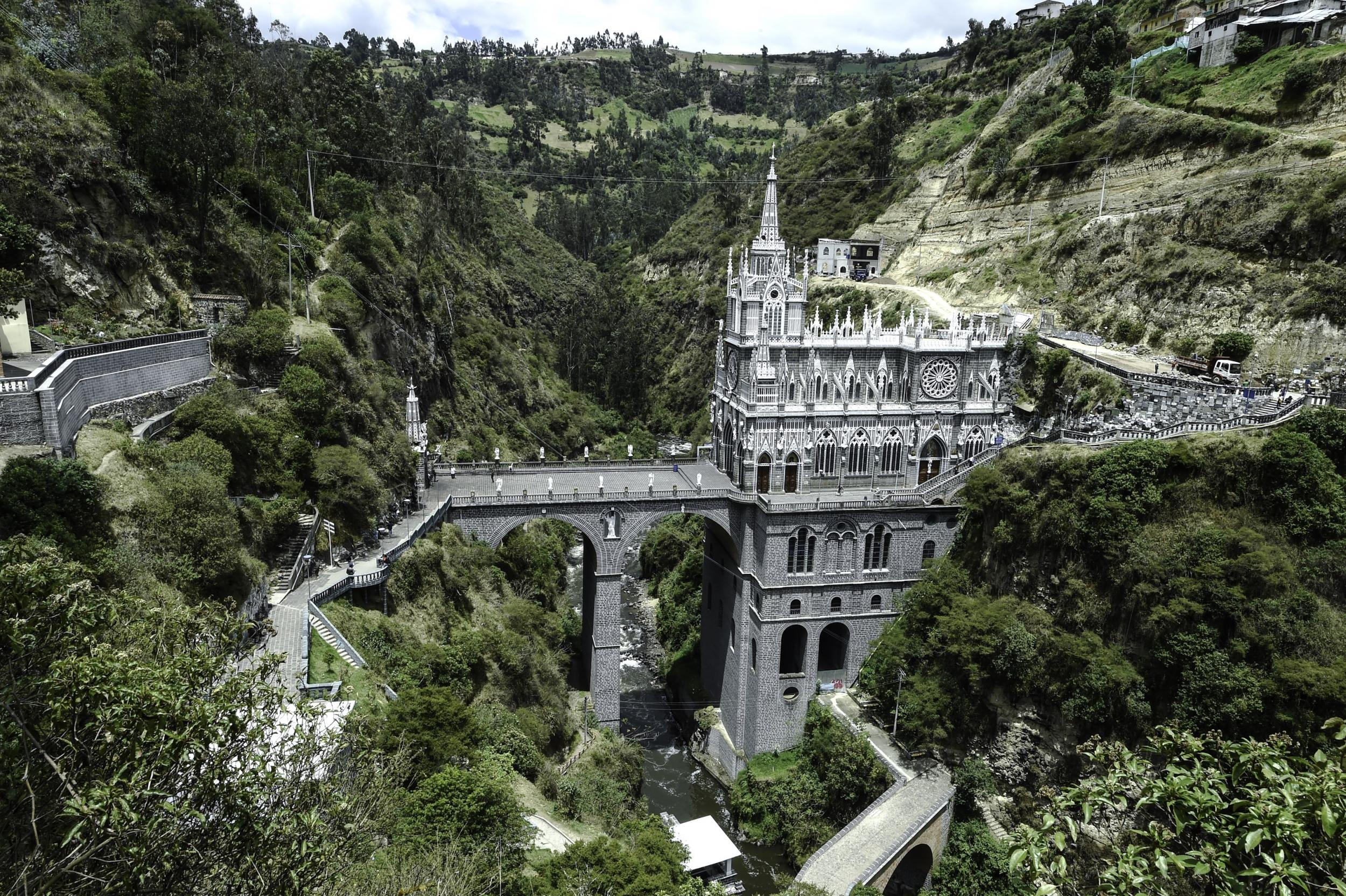The Independent's journalism is supported by our readers. When you purchase through links on our site, we may earn commission.
Colombia referendum: 'Farcxit' vote raises questions about tourism
Slim majority rejecting the peace accord threatens growth in overseas visitors

The politicians of Colombia, as well as the leadership of the Farc rebel group, imagined that the nation’s voters would rubber-stamp the peace deal that aimed to bring to a close half a century of civil war.
But on a low turnout of 38 per cent, a tiny majority of Colombians voted against the agreement. The “no” voters were concerned about the immunity from serious penalties granted to former guerrillas who confessed their crimes, as well as payments to be made to them as they returned to normal life. There were also criticisms of a guaranteed number of seats for the Farc in the national congress.
Colombia has been steadily building up its tourism appeal, with a 12 per cent increase in overseas visitors in 2014 compared with the previous year. But the failure to persuade the public to endorse the peace deal has drawn attention to the very serious warnings issued by foreign governments.
The Foreign Office tells British travellers: “Illegal armed groups and other criminal groups are heavily involved in the drugs trade and serious crime including kidnapping (for ransom and political purposes), money laundering and running extortion and prostitution rackets.”
It also says: “In many rural areas the authority of the Colombian State is limited, and the British Embassy’s ability to help British nationals in trouble in these areas will also be limited.”
The US State Department says: “Security in Colombia has improved significantly in recent years.” But that was from a low base, and the American government currently warns: “Terrorist groups and other criminal organizations continue to kidnap and hold civilians, including foreigners, for ransom. No one is immune from kidnapping on the basis of occupation, nationality, or other factors.”
The US government prohibits its employees in Colombia, and their families, from travelling by bus, and from driving outside urban areas after dark.
"All US citizens in Colombia are urged to follow these precautions," says the State Department.
But Sarah Bradley, managing director of the specialist travel firm, Journey Latin America, said Colombia "has been making positive steps towards peace for some time".
She told The Independent: "The key areas visited by travellers are safe and new areas continue to open up. As a result, visitor numbers have been increasing steadily over recent years. Although the referendum result is a sad setback, the cease-fire remains in place and all parties remain committed to securing a permanent peaceful settlement.
“Tourism is a key factor in helping the country get back on its feet following decades of struggles, and we’re confident people will continue to travel to this incredibly friendly, beautiful and enjoyable destination.”
She pointed out that the San Agustin to Popayan scenic road was taken off the FCO “no-go” list in February this year.
Mick Webb, a travel writer specialising in Latin America, said: “Even if the Farc leave the arena, the ELN [National Liberation Army] are apparently expanding to fill any vacuum, as are the BACRIM, a jolly epithet for bandas criminales — drug gangs with a sideline in murder and kidnap.
“I believe Colombia has now regained its market leadership as top cocaine-producing country with new production, allegedly, in areas such as national parks. But on the positive side, kidnaps are way down and murder rates are less than in Brazil.”
The Colombian ambassador to the UK, Néstor Osorio, told Eddie Mair on BBC Radio 4: “We are prepared to take the result and move on,” and hinted that the Farc would be asked to make more concessions.
“This is not a surrender, this is a negotiation with a group which is weak,” he added.
Join our commenting forum
Join thought-provoking conversations, follow other Independent readers and see their replies
Comments
Bookmark popover
Removed from bookmarks